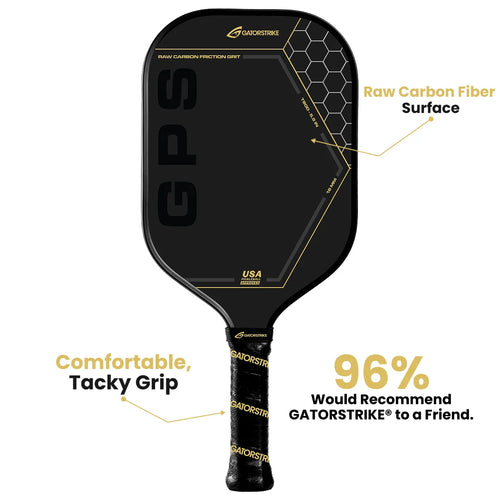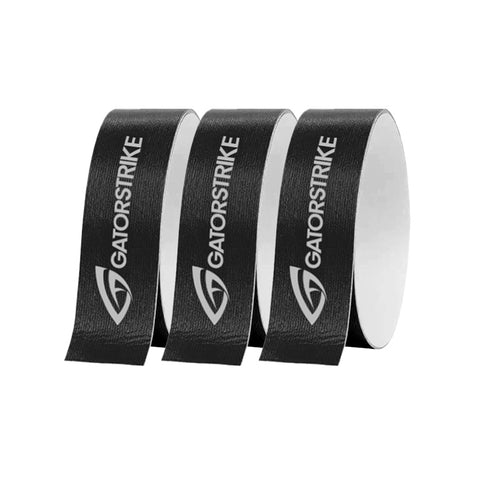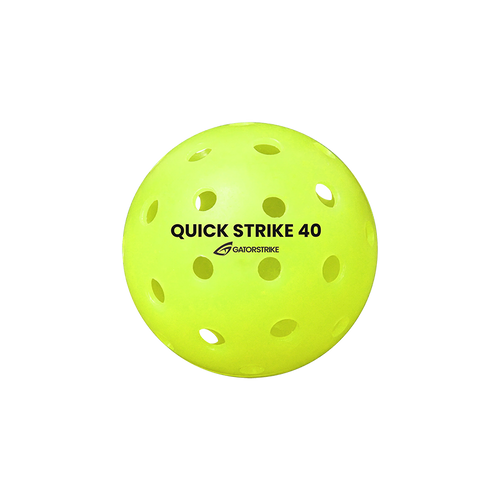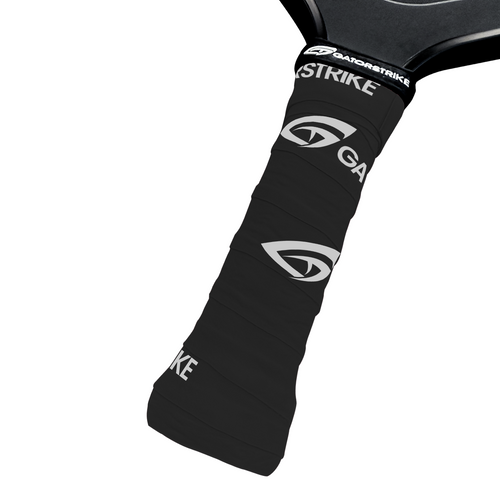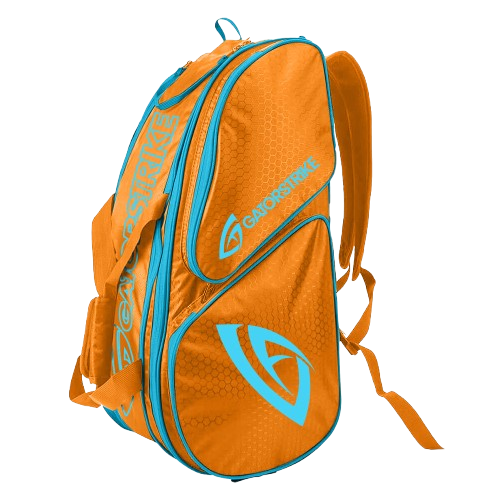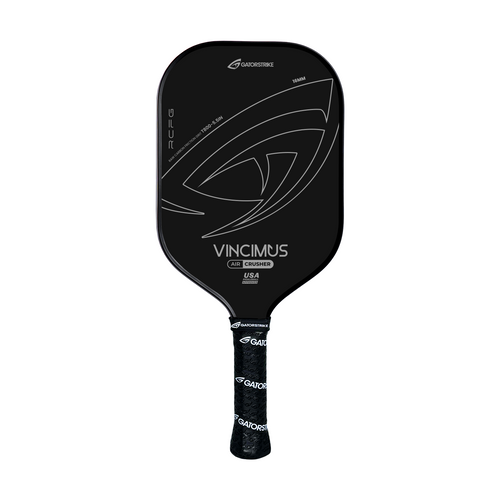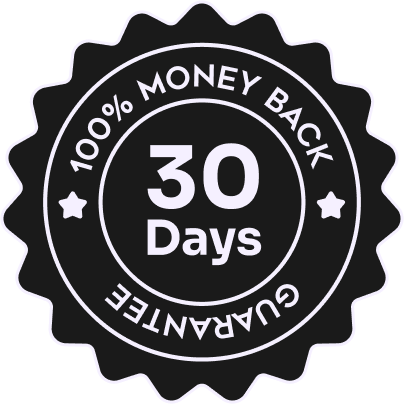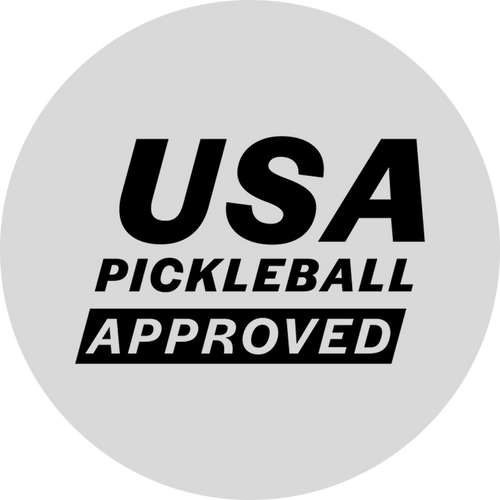
Rebounding from a Loss: Turning Pickleball Defeats into Valuable Lessons
Share
In pickleball, as in life, losses are inevitable. But how you respond to them? That’s where true growth takes root. Whether you were outpaced by a more agile duo or faltered in a nail-biting third game, every loss is a goldmine of feedback. The art lies in embracing defeat—not as a verdict on your ability, but as a catalyst for evolution.
Let’s explore how you can turn losses into fuel for your fiercest comeback yet.
1. Detach Emotion, Embrace Evaluation
The initial sting of losing can spark frustration, disappointment, or even embarrassment. That’s normal. But once the emotional fog lifts, it’s time to shift into analysis mode.
Post-match reflection tips:
- Ask yourself quality questions — What shots consistently broke down? Was my positioning off? Did I adjust to my opponent’s pace?
- Use video review — Watching your match (even briefly) can illuminate blind spots you missed in real-time.
- Talk it out — Constructive feedback from your partner or coach can reframe your perspective.
Remember: clarity thrives where emotion subsides.
2. Extract the Teachable Moments
Every loss reveals areas of opportunity—some tactical, some mental, some mechanical. Instead of labeling them as flaws, view them as your next checkpoints in your pickleball journey.
Common learning moments include:
- Shot selection errors (overusing high-risk drives)
- Footwork inefficiencies (late to the kitchen or recovering slowly)
- Lack of adaptability (failing to switch up strategy mid-match)
Capture these in a notebook or training journal. Pattern recognition over time accelerates targeted improvement.
3. Recalibrate Your Practice Routine
Now that you’ve identified the gaps, it’s time to recalibrate your practice. Don’t just hit balls—train with surgical precision.
Consider:
- Drill-based repetitions focused on your weakest links
- Game simulations that mimic high-pressure scenarios
- Mental training (visualization, mindfulness, or even light meditation) to reinforce composure and confidence
By integrating what you’ve learned into action, you evolve from reactive to proactive.
4. Develop Mental Elasticity
Bounce-back ability—also known as mental elasticity—is a defining trait of elite players. It’s not about forgetting your losses, but reframing them as feedback.
To cultivate mental elasticity:
- Adopt a growth mindset — View effort and learning as more valuable than perfection.
- Reaffirm your “why” — Remind yourself why you play: the joy, the challenge, the camaraderie.
- Celebrate progress — Improvement isn’t always obvious. Acknowledge the small wins you’re stacking each time you bounce back.
Your mindset can be either a wall or a springboard. Choose the one that lifts you.
5. Craft a Resilient Routine Post-Loss
What you do immediately after a loss can either lock in regret—or activate momentum. Create a simple post-match ritual to stay future-focused.
Here’s a sample routine:
- Cool down with light stretching or movement
- Hydrate and recover (don’t punish yourself)
- Journal key takeaways within 24 hours
- Set micro-goals for your next practice session
Losses don't derail champions—they refine them.
Conclusion: Failure Is Feedback, Not Finality
Pickleball defeats aren’t roadblocks; they’re road signs, pointing you toward your next breakthrough. Every missed return, shaky volley, or misjudged lob carries a lesson. The magic happens when you stop fearing losses and start mining them for insight.
So, the next time you walk off the court with a loss, smile. Because you’ve just earned your next blueprint for growth.
Game on. Growth activated. Let the learning continue.
